Remote learning is here to stay, but digital poverty must not be

Over the last year, remote learning has become a necessity for education across the country, and indeed across much of the world. Those without strong online access have been at risk of falling behind, ever-widening the gap between the richest and the poorest students and the education they receive. This has been as much of an issue in colleges as well as schools.
As an online platform we at Oak National Academy are acutely aware of this risk. We were created to support teachers and pupils in schools with online learning.
Our online classroom and resource hub was set up by teachers in response to the pandemic. It provides around 10,000 lessons plus slides and worksheets, all for free, covering reception to year 11 – age 4 to 16. But this only helps if you as a pupil, parent or teacher have the tools to access it.
Remote learning has now become part and parcel of everyday school and college life. Even when schools and colleges have been fully open, many students have faced extended periods of time at home and have had to rely on remote provision to stay up to speed with their education.
We all agree a good education should be free, but the pandemic has shown that you need both a laptop and internet data to keep learning remotely. The truth is that poverty affects access to both of these things, and therefore to access to basic education. So we have to step up our efforts to support and protect our most vulnerable students.
A lot of good work has been done on getting pupils laptops. As of February 16, the Department for Education has distributed over 1 million laptops to schools and colleges across the country to support disadvantaged students with remote learning. This needs to continue with pace and energy. Much less, however, had been done to tackle data poverty.
With the announcement of January’s national lockdown, Oak National Academy launched a campaign to ‘zero rate’ education websites. This is tech speak for mobile networks and internet providers removing data charges for accessing certain education websites – so it won’t cost the user, nor count towards their data limits.
Our campaign garnered significant attention and support, and we are delighted that from February 9, Oak National Academy is now data free on nearly all mobile phones. That means any family can visit www.thenational.academy to access our 10,000 lessons on a mobile and won’t be charged for any data.
This is a fantastic step from the Mobile Networks, who’ve worked closely with us to make sure there is support for the most vulnerable families. We also know just how much this is needed. Before February halfterm children took part in our 100 millionth Oak National Academy lesson and we’re currently seeing around 2.5m children use our website each week..
The importance of zero rating educational websites cannot be overstated. The latest figures from Ofcom highlight that up to 1 million students can only access the internet via a mobile device, with no home broadband.
And even worse, an Ofcom survey in December found that one in five households reported problems with the affordability of their telecoms services – equivalent to 4.7 million households. Shockingly 1 in 20 households had lowered how much they spend on clothes and even food to pay for data.
The challenge on devices is also far from done. According to the Association of Colleges, as of November 2020, 100,000 college students were still without a suitable device for learning. And according to the Sutton Trust, 56% of school leaders in the most deprived schools reported that they haven’t been able to help half or more of their pupils who need devices.
What does all this mean for students’ learning?
The IFS estimates that by the end of the pandemic, children across the UK will have missed more than half a year of normal, in person, schooling – more than 5% of their entire time in school.
Many in education are now therefore starting to consider what happens next. It’s clear that our strategy for years to come will need to include extra support for pupils to catch up.
The good news is we know what will make the biggest difference: more expert, quality teaching. It’s vital our response is to invest for the long term in recruiting more teachers and lecturers and supporting and developing them to be the best they can be.
In the short term we can reasonably make two other bets:
1. Small group tutoring helps accelerate learning
First up, the evidence shows that small group tutoring helps accelerate learning – especially for those from the most disadvantaged backgrounds. Extending the National Tutoring Programme is a good place to start. Raising awareness of FE-focused tutoring companies such as Get Further, who recruit talented graduates to deliver high-impact catch-up tuition in English or maths for college students, will also impact the speed of recovery post-pandemic.
2. Help teachers and lecturers focus on what they do best
Secondly, we need to help teachers and lecturers focus on what they do best, and clear away additional distractions and asks. We hope Oak National Academy can help here. Our 10,000 lessons cover a hefty chunk of the national curriculum. We hope teachers (and maybe even some lecturers too!) and can draw on them to fill gaps in learning. Being pre-recorded means they can be done at a time that works for teacher and pupil – with as little disruption to whole-class teaching as possible.
But catch-up only works if we know what pupils have missed. Teachers and lecturers are brilliant at this but our thousands of quizzes can also help them to pinpoint gaps and support pupils to address them.
Whether it’s online tutoring or remote catch-up learning, it’s clear digital learning is going to be a necessity, not a nice to have, in the recovery. Yet the pandemic has so far only amplified the impact of poverty on a child’s chance of educational success. If we want recovery to close – not extend – existing gaps, closing the digital divide once and for all has to remain at the forefront of education’s strategy.
Matt Hood, Principal of Oak National Academy



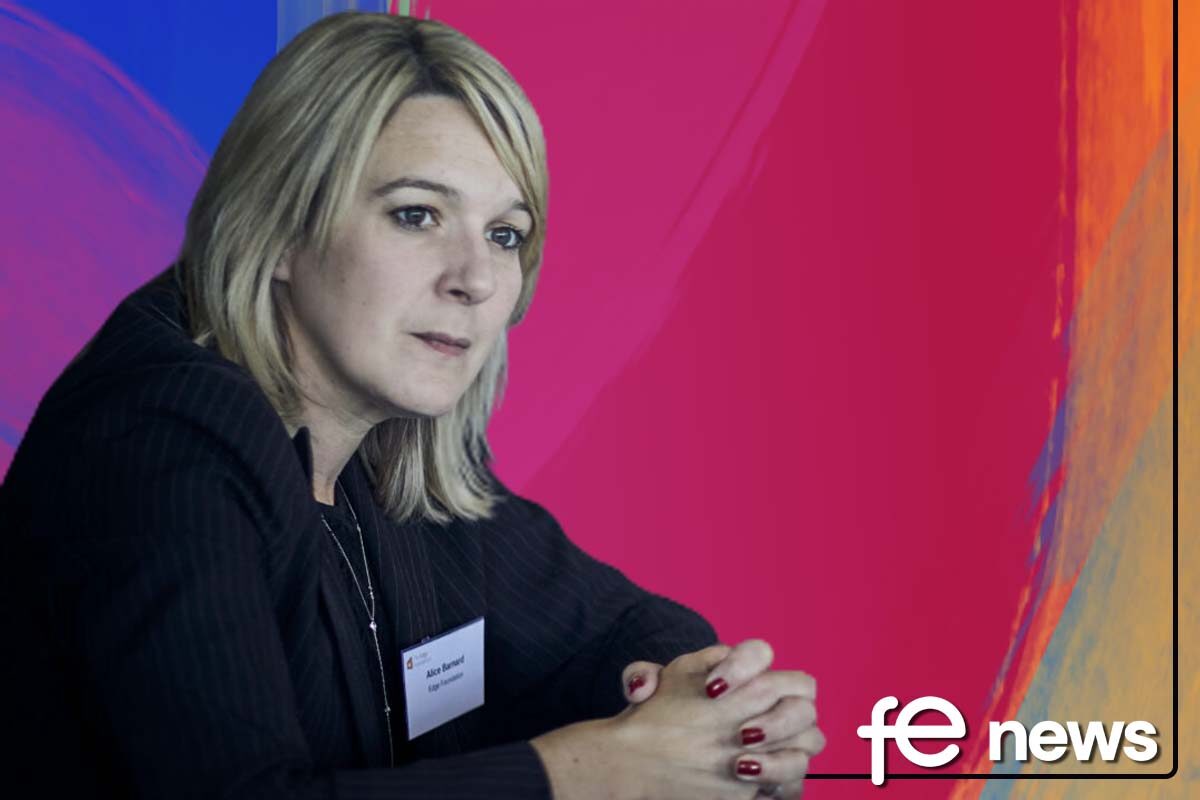

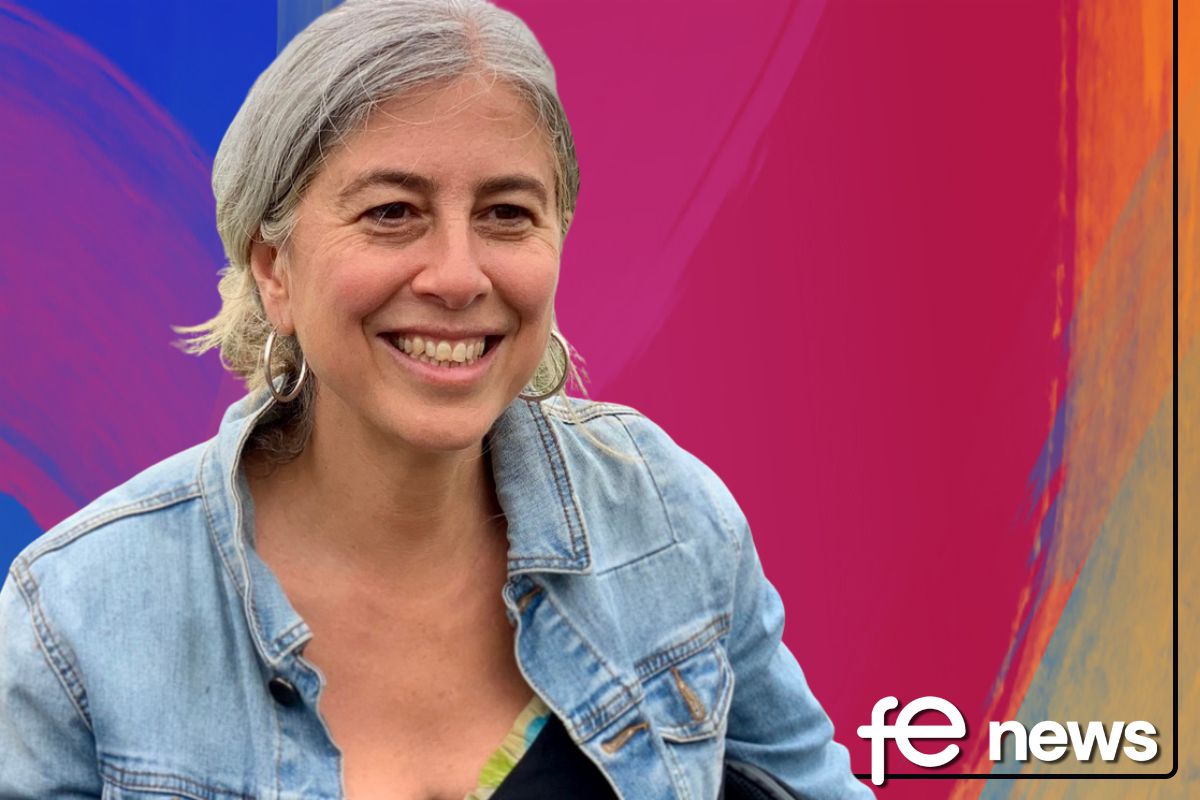
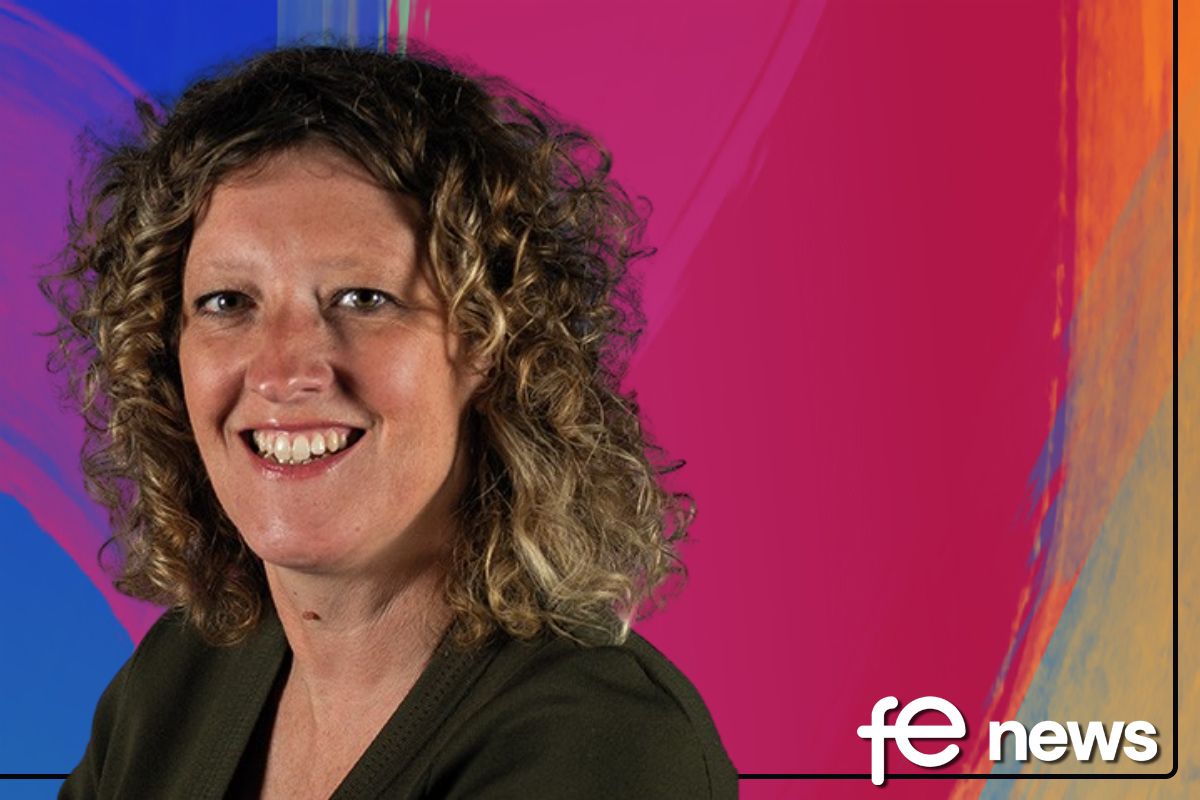


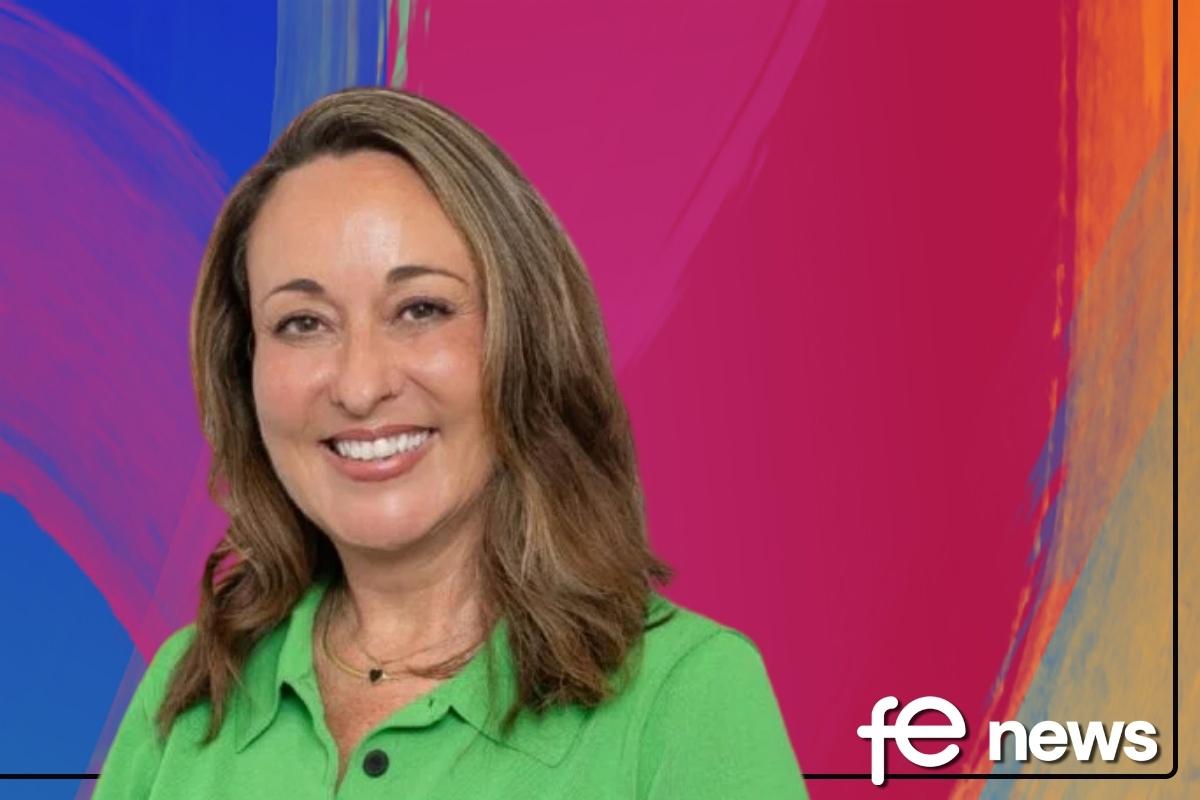
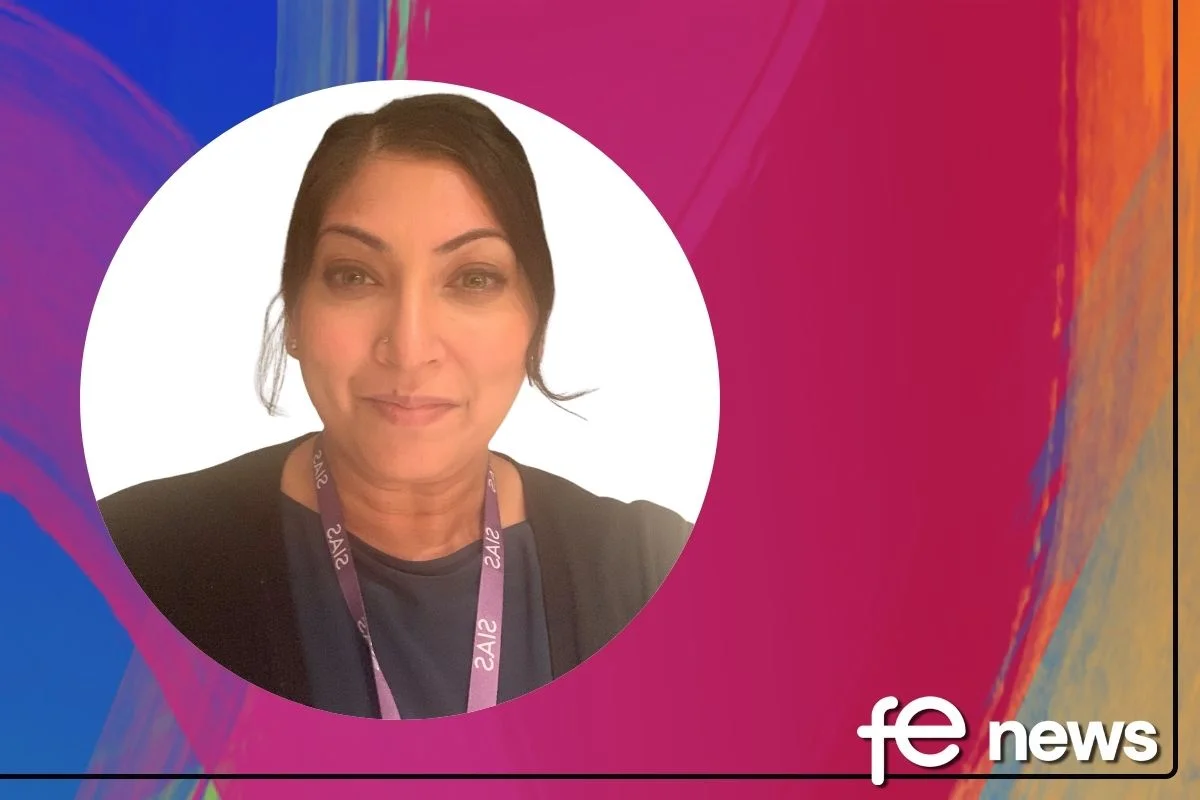
Responses